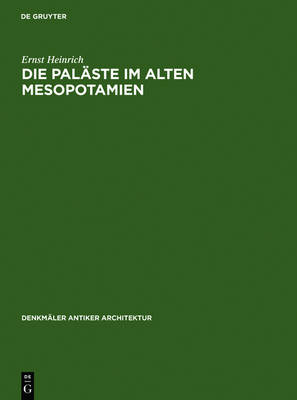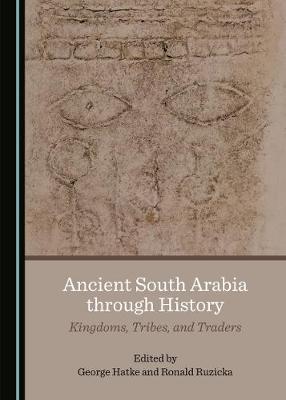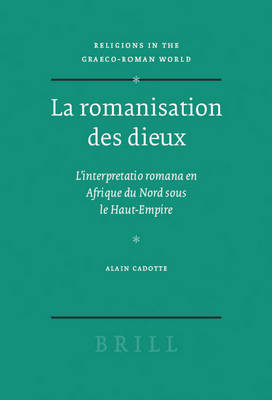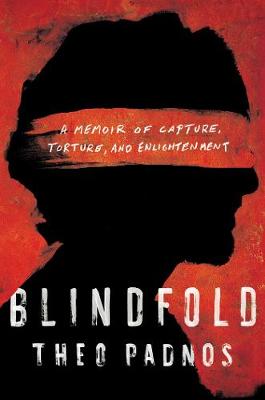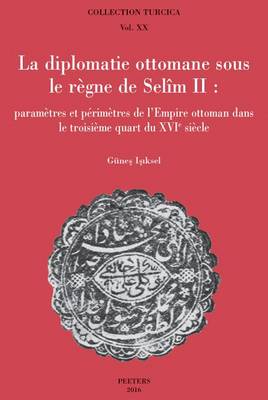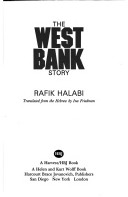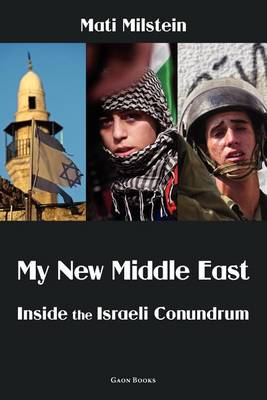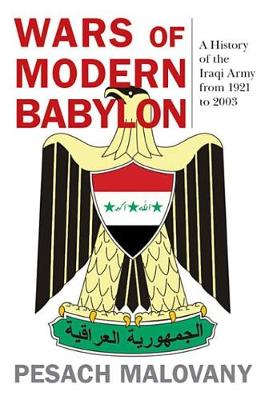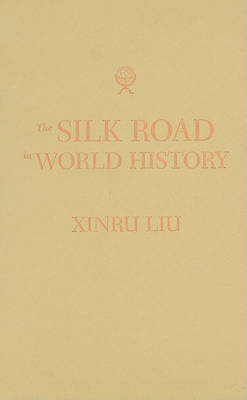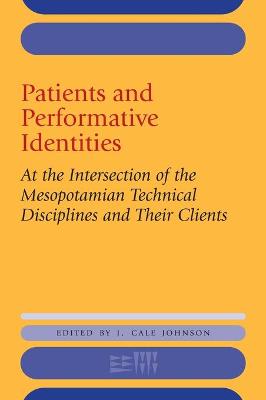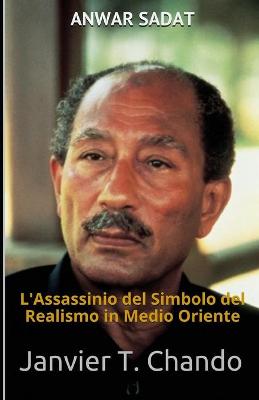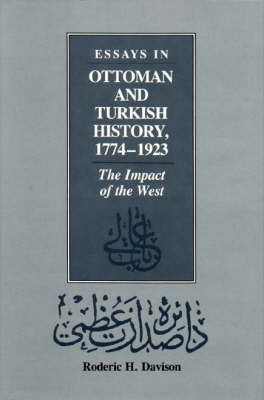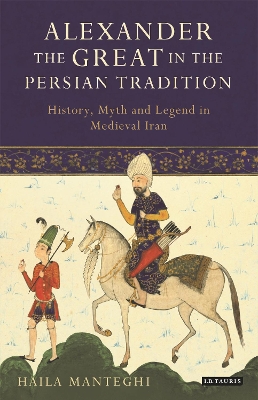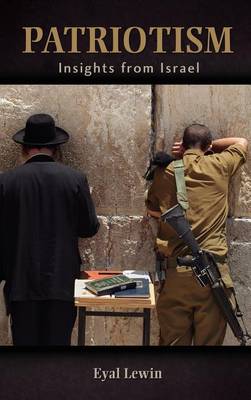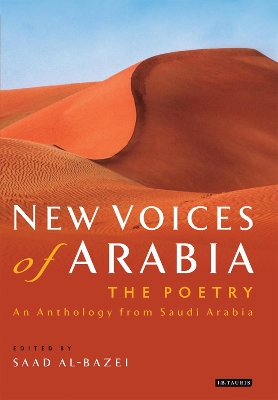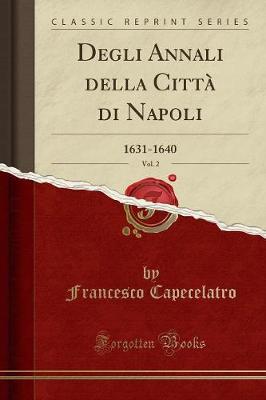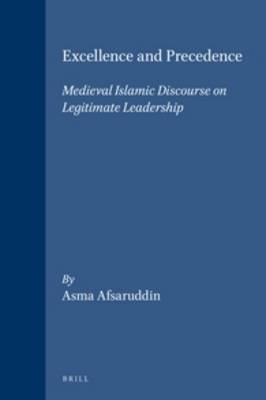Elie Kedourie, and the Capture of Damascus, 1st October 1918 (Contemporary History & Politics S., #28)
by Matthew Hughes
Die Pal ste Im Alten Mesopotamien (Denkmaler Antiker Architektur, #15)
by Ernst Heinrich
Ancient South Arabia through History
South Arabia, an area encompassing all of today's Yemen and neighboring regions in Saudi Arabia and Oman, is one of the least-known parts of the Near East. However, it is primarily due to its remoteness, coupled with the difficulty of access, that South Arabia remains under-researched, for this region was, in fact, very important during pre-Islamic times. By virtue of its location at the crossroads of caravan and maritime routes, pre-Islamic South Arabia linked the Near East with Africa and the...
La romanisation des dieux (Religions in the Graeco-Roman World, #158)
by Alain Cadotte
Heirs to the Punic and Berber traditions, the North Africans, once conquered by the Romans and willing to show respect for their new masters' gods, did not want to forsake their beloved ancestral deities and solved this dilemma by giving Roman names to their traditional gods, who nevertheless kept most of their former natures. This phenomenon, known as interpretatio romana, resulted in an interpenetration of both religious universes, each being enriched in the process. Roman African gods thus co...
Etudes d'iconographie islamique. Quelques objets numineux des Turcs et des Mongols
by J.-P. Roux
An award-winning journalist’s searing, extraordinary account of being kidnapped and tortured in Syria by al Qaeda for two years—a revelatory memoir about war, human nature, and endurance. In 2012, American journalist Theo Padnos, fluent in Arabic, Russian, German, and French, traveled to a Turkish border town to write and report on the Syrian civil war. One afternoon in October, while walking through an olive grove, he met three young Syrians—who turned out to be al Qaeda operatives—and they ca...
Philosophy and Practice in Writing a History of Ancient Israel. Library of Hebrew Bible/Old Testament Studies, Volume 435.
by Megan Bishop Moore
La diplomatie ottomane sous le regne de Selim II (Collection Turcica, Volume 20)
by Guines Isiksel
Ce livre se propose d'etablir le deroulement factuel de la politique exterieure de Selim II (1566-1574), tout en analysant les principes, les institutions et les techniques qui sous-tendent la pratique ottomane de la diplomatie dans le troisieme quart du XVIe siecle. L'analyse croisee de evenements et des institutions diplomatiques, d'une part, de la rhetorique officielle et de la culture politique d'autre part, permet d'aborder ensemble deux ordres de l...
Perspectives and Challenges in the Development of Sudanese Studies
As long as there have been wars, victors have written the prevailing histories of the world's conflicts. An army that loses - and especially one that is destroyed or disbanded - is often forgotten. Nevertheless, the experiences of defeated forces can provide important insights, lessons, and perspectives not always apparent to the winning side. In Wars of Modern Babylon, Pesach Malovany provides a comprehensive and detailed history of the Iraqi military from its formation in 1921 to its collapse...
The Silk Road was the current name for a complex of ancient trade routes linking East Asia with Central Asia, South Asia, and the Mediterranean world. This network of exchange emerged along the borders between agricultural China and the steppe nomads during the Han Dynasty (206BCE-220CE), in consequence of the inter-dependence and the conflicts of these two distinctive societies. In their quest for horses, fragrances, and spices, gems, glassware, and other exotics from the lands to their west,...
Patients and Performative Identities (Rencontre Assyriologique Internationale)
The missing piece in so many histories of Mesopotamian technical disciplines is the client, who often goes unnoticed by present-day scholars seeking to reconstruct ancient disciplines in the Near East over millennia. The contributions to this volume investigate how Mesopotamian medical specialists interacted with their patients and, in doing so, forged their social and professional identities. The chapters in this book explore rituals for success at court, the social classes who made use of su...
The Middle East
Everything Guide to the Middle East, The: Understand the People, the Politics, and the Culture of This Conflicted Region
by Arthur G Sharp Ma
Essays in Ottoman and Turkish History, 1774-1923 (CMES Modern Middle East)
by Roderic H. Davison
The effect of Western influence on the later Ottoman Empire and on the development of the modern Turkish nation-state links these 12 essays by this American scholar, Roderic Davison draws from his extensive knowledge of Western diplomatic history and Turkish history to describe a period in which the actions of the Great Powers, incipient and rising nationalisms, and Westernizing reforms shaped the destiny of the Ottoman Empire and the creation of the new Turkish Republic. The first of these essa...
Alexander the Great in the Persian Tradition (Library of Medieval Studies)
by Haila Manteghi
Alexander the Great (356-333 BC) was transformed into a legend by all those he met, leaving an enduring tradition of romances across the world. Aside from its penetration into every language of medieval Europe, the Alexander romance arguably had its greatest impact in the Persian language.Haila Manteghi here offers a complete survey of that deep tradition, ranging from analysis of classical Persian poetry to popular romances and medieval Arabic historiography. She explores how the Greek work fir...
Poetry in Saudi Arabia today is a dramatic manifestation of the rapid changes that are sweeping not only through the country's literature and culture, but also through Saudi life as a whole. The unyielding tension between the forces of change and tradition are nowhere more painfully visible than in the poem. Bringing together three generations of poets -a total of forty, each represented by a number of poems - this anthology reflects the broad spectrum of Saudi poetry over the last half century...
Excellence and Precedence (Islamic History and Civilization, #36)
by Asma Afsaruddin
This volume focuses on how legitimate leadership came to be defined in the formative period of Islam in terms of two key Qur'anic concepts: moral excellence (fad l/fad ila) and precedence (sabiqa). These two concepts undergirded a specific discourse on leadership which developed in the first century of Islam. This discourse is reconstructed through careful scrutiny of the manaqib literature in particular, which contains detailed accounts of the excellences attributed to the Rashidun caliphs. Thi...

